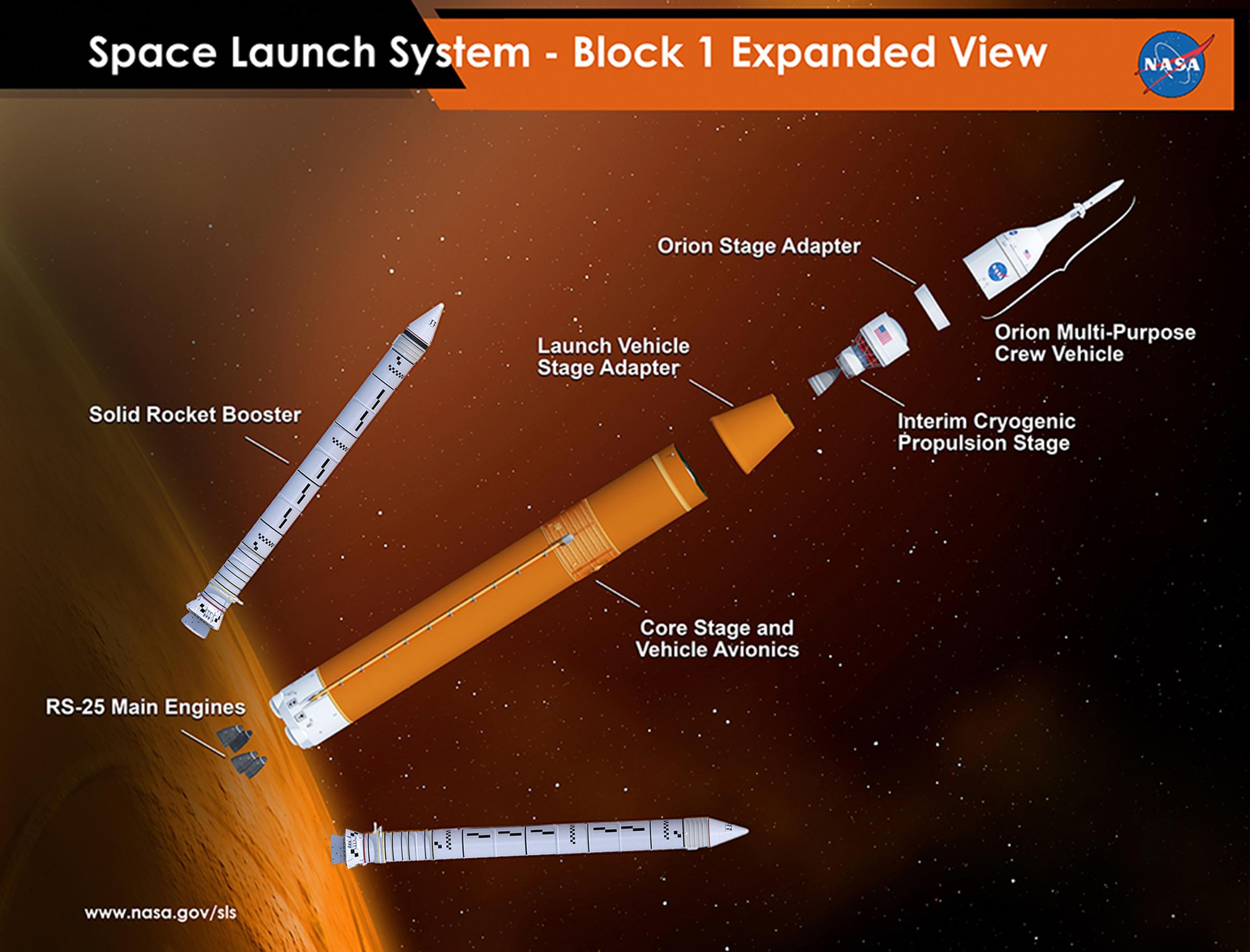New Mars Forums
You are not logged in.
- Topics: Active | Unanswered
Announcement
#76 2018-09-28 19:13:55
- SpaceNut
- Administrator
- From: New Hampshire
- Registered: 2004-07-22
- Posts: 29,924
Re: Space X News - lunar tourism and delayed BFR hop
There is a new race in town and its SpaceX and NASA accidentally set the stage for a new race to the Moon
Both entities – SpaceX with its next-generation BFR and NASA with its Shuttle-derived SLS – are tentatively targeting 2023 for their similar circumlunar voyages, in which NASA astronauts and private individuals could theoretically travel around the Moon within just months of each other, showcasing two utterly dissimilar approaches to space exploration.

For the SLS core stage and SRBs, a generous bottom-rung estimate indicates that $14 billion has been spent on the rocket itself between 2011 and 2018, not including many billions more spent refurbishing and modifying the rocket’s aging Saturn and Shuttle-derived launch infrastructure at Kennedy Space Center. Of the many distressing patterns that appear in the above descriptions of SLS hardware, most notable is a near-obsessive dependence upon “heritage” hardware that has already been designed and tested – in some cases even manufactured.
Despite cobbling together or reusing as many mature components, facilities, and workforces as possible and relying on slightly-modified commercial hardware at every turn, SLS and Orion will somehow end up costing the United States more than $30 billion dollars before it has completed a single full launch; potentially rising beyond $40 billion by the time the system is ready to launch NASA astronauts.
Way to much invested in R&D for such an effort...
Offline
Like button can go here
#77 2018-09-30 15:51:02
- louis
- Member
- From: UK
- Registered: 2008-03-24
- Posts: 7,208
Re: Space X News - lunar tourism and delayed BFR hop
Good video on BFR development:
Let's Go to Mars...Google on: Fast Track to Mars blogspot.com
Offline
Like button can go here
#78 2018-10-01 15:46:55
- GW Johnson
- Member
- From: McGregor, Texas USA
- Registered: 2011-12-04
- Posts: 6,108
- Website
Re: Space X News - lunar tourism and delayed BFR hop
To answer Spacenut's question post 74 above, go see the latest update I posted at "exrocketman". Retract the landing pad within an open-trailing-edge fin, and let it heat sink, like the skins on Mercury and Gemini. I worked out the dimensions and crude weights of a flat-bottomed cellular structure for landing pads strong enough to take on obstacles under the pads. There's more than enough mass there to heat sink, if exposed only to wake flow, not windward-side hypersonic scrubbing. Yet these things are a tiny percentage of the fueled BFS mass. They do have to retract and extend hydraulically. With fin actuation already going on, that should be no problem.
GW
Last edited by GW Johnson (2018-10-01 15:48:09)
GW Johnson
McGregor, Texas
"There is nothing as expensive as a dead crew, especially one dead from a bad management decision"
Offline
Like button can go here